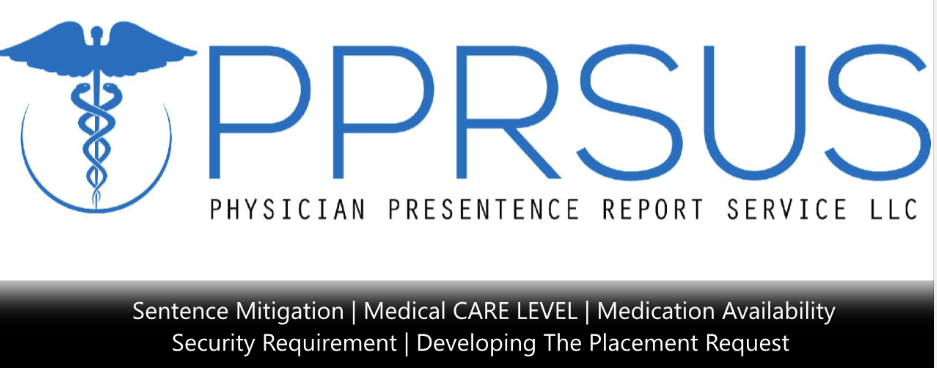Long-COVID

Kara Gormont, former Chief of Staff for the Defense Health Agency. A year and a half after developing Long-COVID in November 2020, she learned, that the military at the time had no process to deal with it.
“I truly felt very abandoned by the healthcare system that I had at that time given 28 years of my life to,” read (or listen) to her story, American Homefront Project | By Andrew Hirschfeld, Published April 27, 2022.
Current Treatment Challenges – CDC, 2022: Living with a Long-COVID condition can be hard, especially when there are no immediate answers or solutions. Their website then links to the 2021 page linked below…
Treatment Though Medical Management – CDC, 2021: for Long-COVID In Prison conditions is developed through a comprehensive plan based on:
- Medical and psychiatric conditions, personal and social situations,
- Through already established symptom management approaches (e.g., breathing exercises to improve symptoms of dyspnea).
- Different therapies might include physical and occupational therapy, speech and language therapy, vocational therapy, as well as neurologic rehabilitation for cognitive symptoms.
- A gradual physical rehabilitation plan for some patients (e.g., persons with post-exertional malaise);
- Consultation with physiatry for cautious initiation of exercise and recommendations about pacing may be useful.
While not mentioned above, reported in REUTERS, April 18, 2022, The case for testing Pfizer’s Paxlovid for treating long COVID. The article makes several points; 1st, while there have been positive patient results, 2nd, there should be more scientifically regulated studies before conclusions can be made. You be the judge, but either way, it is hard to see this antiviral making its way into any prison pharmacy.
- To date, there are no established treatments for Long-COVID In Prison. Why is this important, because the symptoms identified with post-acute sequelae of COVID-19 adversely affect the inmates’ ability to care for themselves or function normally, during a normal work day.
- A remaining question still exists, are 100% of corrections staff fully vaccinated and boosted? Why, because as imperfect as the vaccines are, they do prevent hospitalizations and death. Unvaccinated (and if appropriate unmasked) staff can be active spreaders of the virus.

